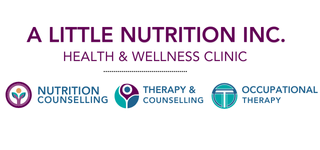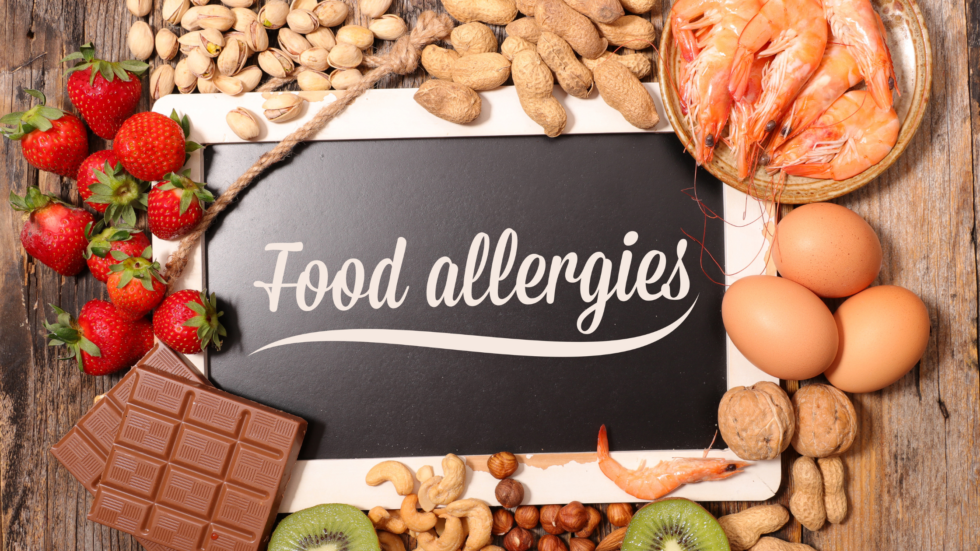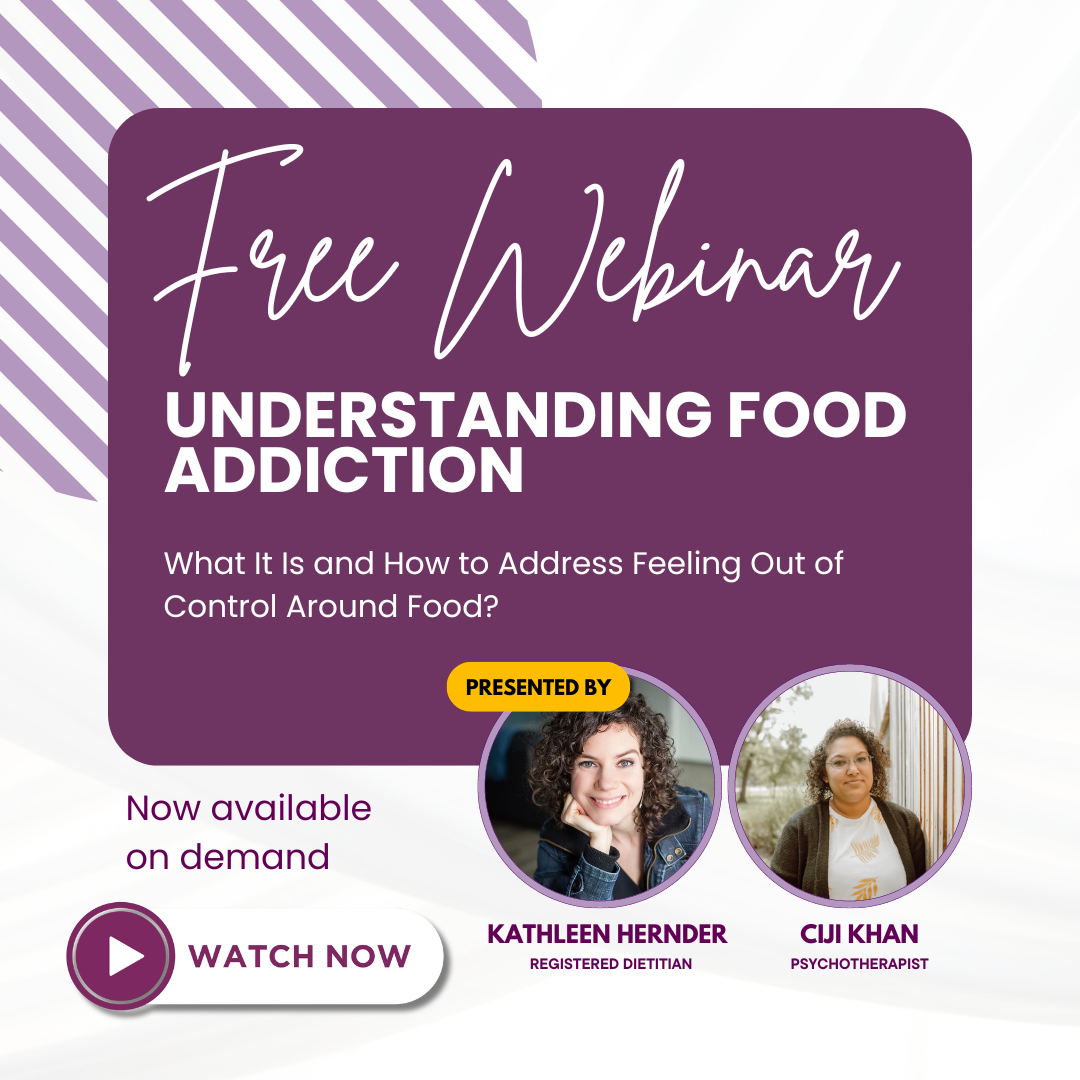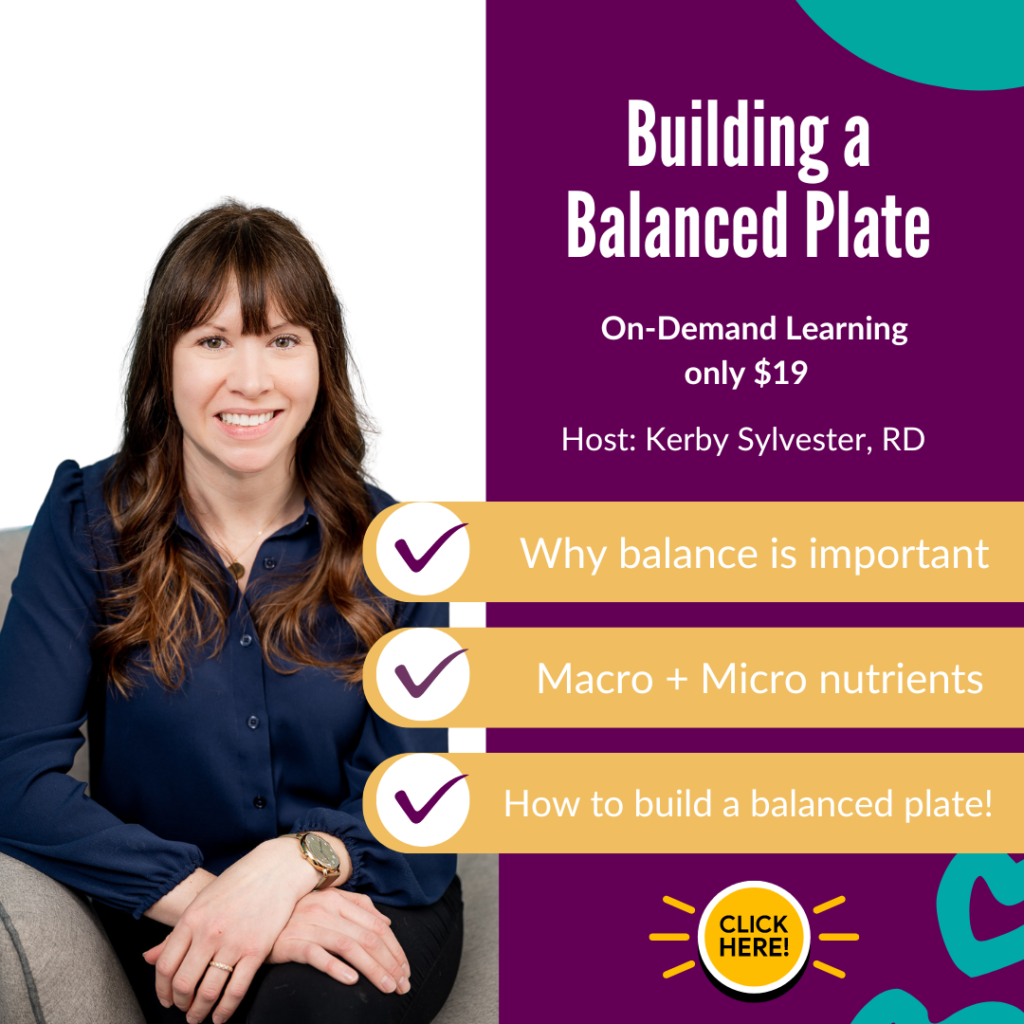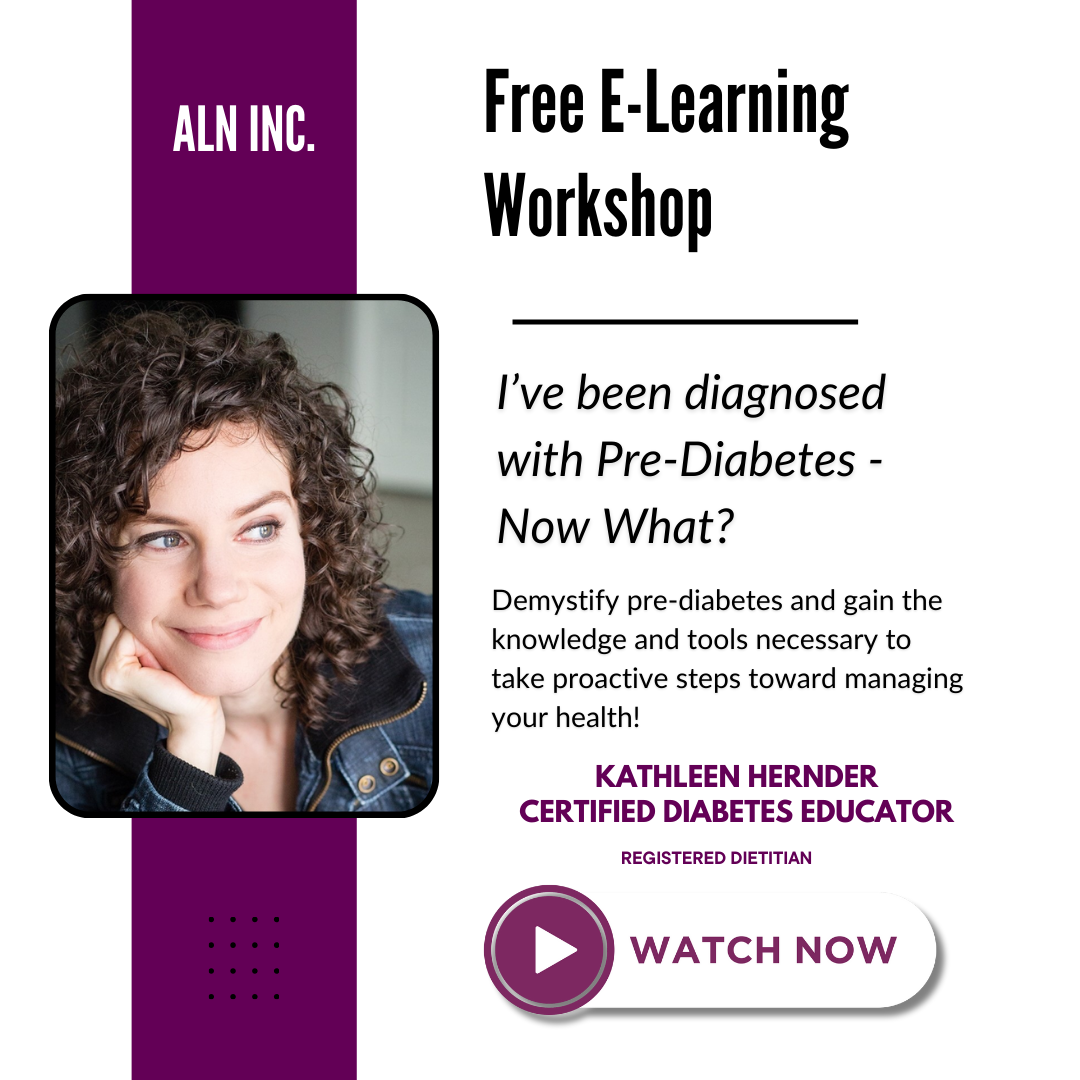What are Food Allergies?
Food allergies occur when your body’s immune system has a negative reaction to a protein found in a specific food. If you have a food allergy, you may not experience any symptoms the first time you eat the food. After you eat the food, your body will make antibodies. The next time you eat the same food, your body will release chemicals that can cause reactions on your skin, gastrointestinal tract, respiratory tract or cardiovascular system. For some individuals, the reaction is so severe that it can be fatal. Food allergies should not be confused with food intolerances. Food intolerances do not involve the immune system and normally require a large amount of the food to cause symptoms.
What Causes Food Allergies?
There is no known cause for food allergies and currently, there is no cure for food allergies.
How Do Food Allergies Present In The Body?
The symptoms of a food allergy can vary from person to person. Many people experience very mild symptoms and others experience very severe and life threatening symptoms. The most common signs of a food allergy include:
- Skin reactions such as hives and itching
- Swelling of the face/lips/tongue
- Coughing or wheezing and shortness of breath
- Chest pain
- Feeling of tightness in the throat or trouble swallowing
- Runny or itchy nose and watering eyes
- Nausea and/or diarrhea
- Stomach cramps
- Vomiting
- Pale or blue coloured skin
- Dizziness or feeling light headed
- Loss of consciousness or shock
Risk Factors Associated with Having a Food Allergy
Approximately 6% of young children and 3-4% of adults have a food allergy. You may be at a greater risk of having food allergies if: someone from your immediate family has food allergies; you already have one food allergy you are at greater risk of developing additional food allergies; or you have other conditions such as asthma, eczema or hay-fever.
Screening/Diagnosis: Testing for Food Allergies
Your doctor can perform a skin prick test to determine if you have food allergies. A skin prick test involves placing small amounts of the allergen into the skin. If there is a reaction after 30 minutes, it is a good indicator that you may be allergic to that specific food. There are also blood tests that can be done to help determine if your symptoms are related to a food allergy. If you are referred to an allergy specialist, you may be asked to complete an oral food challenge. The specialist will provide you with small amounts of the food thought to be causing symptoms and the amounts will get bigger until a reaction is observed.
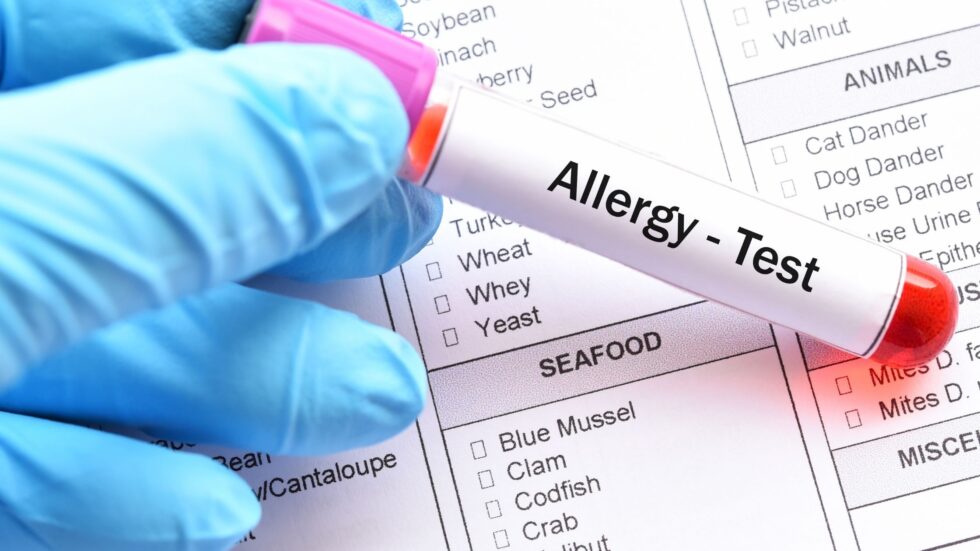
Managing your Diagnosis
How to Treat Food Allergens
People who have food allergens must avoid eating (and sometimes touching) the food they are allergic to. Reading food labels and understanding which foods may contain the food allergen is important for managing your condition. Depending on the severity of your food allergy, your doctor may prescribe you an Epinephrine Auto-Injector (also known as an Epi-Pen). This is required when a person is at risk for a severe allergic reaction. If your reaction is not severe, your doctor may recommend taking antihistamines to help treat mild symptoms of a food allergy.
When Should You Consider Meeting With A Registered Dietitian?
Avoiding food allergens is very important for safety, but can also be very challenging. If you feel you need help understanding which foods may contain allergens or how to adjust your diet for a food allergy, it may be time to speak with a Registered Dietitian. Registered Dietitians can help you navigate the world of nutrition and provide you with individualized support and recommendations. They will work with you to help find the nutritional plan or pattern of eating that works best for you and your lifestyle.
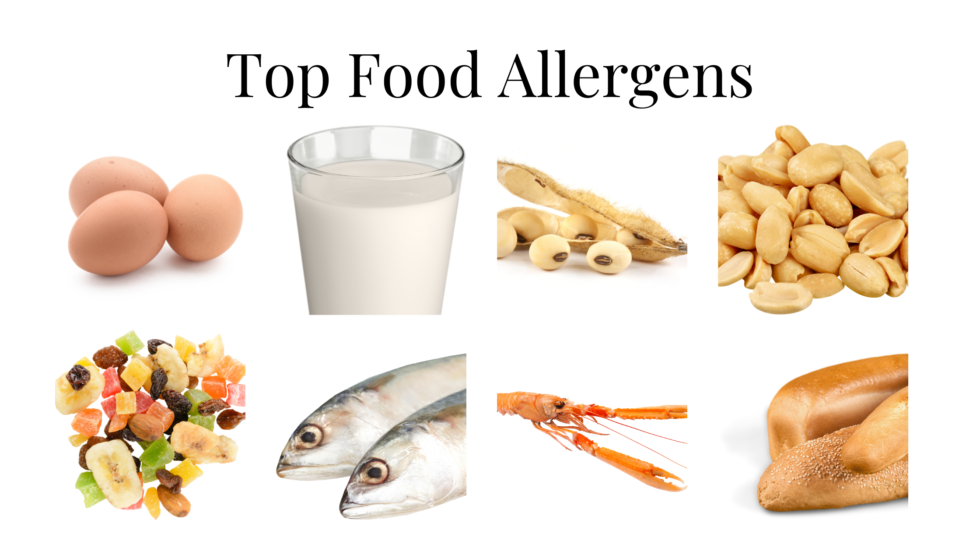
What Our Dietitians Can Do For You
During your initial appointment, you will receive an 80-90 minute session with a knowledgeable and compassionate Registered Dietitian that will help you feel supported and educated. Your Dietitian will:
- Assist you with meal planning for food allergies.
- Advocate and/or communicate with your primary healthcare team, doctor or specialist.
- Explain the basics of food allergies, myth bust and provide you nutrition recommendations.
- Help you manage emotions related to managing food allergies for yourself or a loved one.
- Empower you to manage your health by understanding how to grocery shop, read nutrition labels, and prepare meals that you/your family enjoy.
- Provide you with cooking tips, meal prep guidance, recipe modifications, and snack ideas.
Benefits of Working with a Dietitian at A Little Nutrition
We want you to feel better about how you nourish your body and help you manage your food allergies. A Little Nutrition is a safe place to receive non-judgemental health advice and guidance.
Our Registered Dietitians provide a weight inclusive approach to health care and will support you on your nutritional journey. When you work with one of our team members, you can consider them your personal food encyclopedia and get expert advice on your nutrition questions. Your dietitian will get to know you, and how you eat, your food preferences, intolerances, and provide you with a personalized plan of action to help improve your symptoms.
Your dietitian also understands that eating and food may be an emotional experience for you, and will help you assess your relationship with food. If you have a poor relationship with food, your dietitian can help guide you through the process of making peace with food and resolving emotional eating.
No matter where you are at in your health journey, your dietitian will be able to help you with the motivation, support and accountability to help reach your goals.
Nutritional Services Overview
How many visits are recommended to see changes in my health?
Short answer: Most of our clients report seeing markable changes in their eating and health after 3 to 5 appointments spaced out over 3 to 6 months. However, some clients require appointments every 2 weeks until they can get the hang of their new pattern of eating. Some clients only need 1 or 2 appointments. Your dietitian will give you a recommended treatment plan at your initial appointment.
Long answer: It really depends on the number of health and lifestyle concerns that need to be addressed. Additional skills and education around meal planning, meal preparation and grocery shopping may require extra time in order to implement and develop strong habits. In addition, there may be emotional underpinnings that are discovered during your meeting with the Registered Dietitian such as dieting trauma, emotional and stress eating, and poor body image and these may need to be worked through as well. We also have counsellors and therapists who can help you work through the everyday challenges of stress management, anxiety, depression, grief and relationship struggles. Psychotherapy is a tool that creates success when it is combined with health behaviour changes.
Are my appointments covered by Manitoba Health or Extended Medical Health Insurance?
Manitoba health does not cover private Registered Dietitian services. However, if you have extended medical insurance through your employer, you may have coverage for Registered Dietitian and Therapist services. If you are uncertain about your coverage, you can call our office 1-204-515-7466 and we can look into it for you. In addition, if your plan allows for direct billing, we would be happy to directly bill your appointment and keep the out-of-pocket expense as low as possible.
How much do appointments cost?
Initial appointments are 80-90 minutes in length and cost $190
Follow-up appointments are 50-60 minutes in length and cost $135
How do I book an appointment with a Registered Dietitian?
To book an appointment with one of our Registered Dietitians or therapists you can:
Phone: 204-515-7466
Email: admin@alittlenutrition.com
Book online: https://alittlenutrition.janeapp.com/
Pin Me For Later
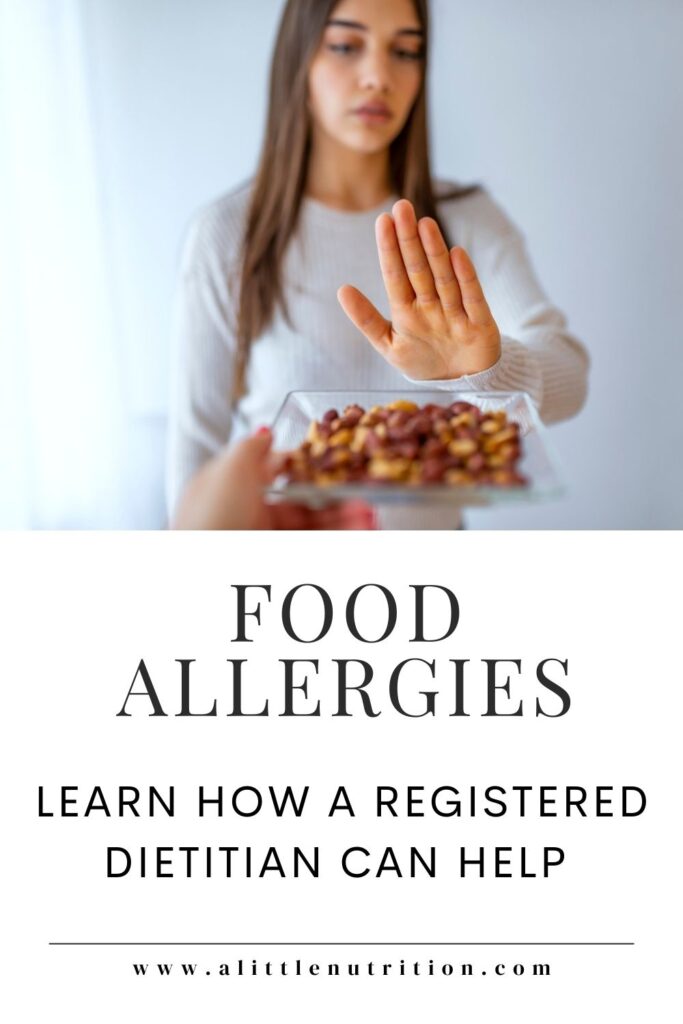
Food Allergy Nutrition Courses
The Nutrition Academy is a place where you can learn about your food allergies and how to manage them. We offer courses on topics such as Living with Sulphite Allergy and Top 8 Priority Allergen-Free Snack Guide!
Our goal is to provide people with the knowledge they need in order to live a healthy life despite their food allergies. We want everyone who has an allergy or intolerance to know that they aren’t alone
Sign up for one of our amazing online nutrition courses today and get 40% off!
>>> 40% off Top 8 Priority Allergen-Free Snack Guide! For Eosinophilic Esophagitis, and other allergic conditions
>>> 40% off Low Histamine 4 Week Menu Plan: Simple menus for low histamine diet!
>>> 40% off Living with a Sulphite Sensitivity: Everything You Need to Know About Living Sulphite Free!
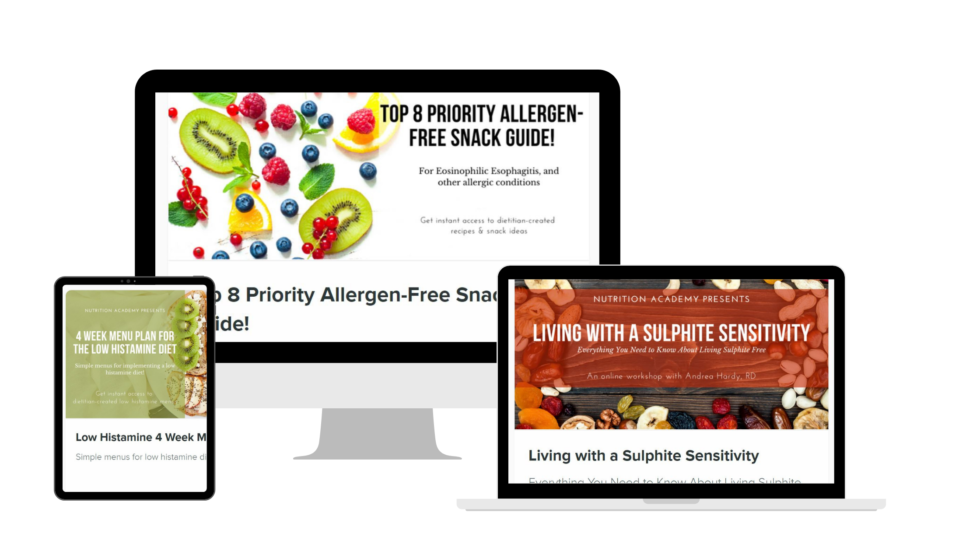
Reference:
Government of Canada (2021). Food Allergies. Accessed from: Food allergies – Canada.ca
Food Allergy Canada (2021). What is a Food Allergy. Accessed from: What is food allergy? – Food Allergy Canada
